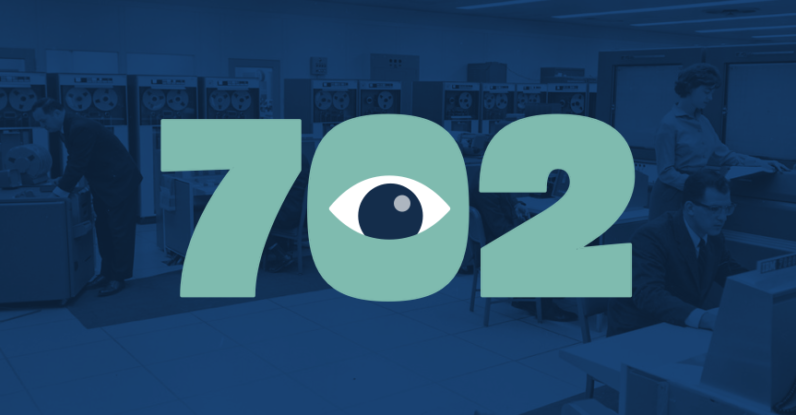The retail giant was also ordered to pay more than $30 million last year after allegedly surveilling customers with its tech products.
By Julia Conley. Published 1-23-2024 by Common Dreams

Months after Amazon was fined more than $30 million for allegedly spying on customers in their homes, a French data watchdog on Monday announced it had ordered the retail giant to pay another $35 million for what it called “excessive” tracking of warehouse employees’ activity.
France’s National Commission on Informatics and Liberty (CNIL) informed Amazon France Logistique, which runs the U.S. company’s warehouses in the country, of the fine late last month after investigating scanning devices used by employees.
Continue reading









